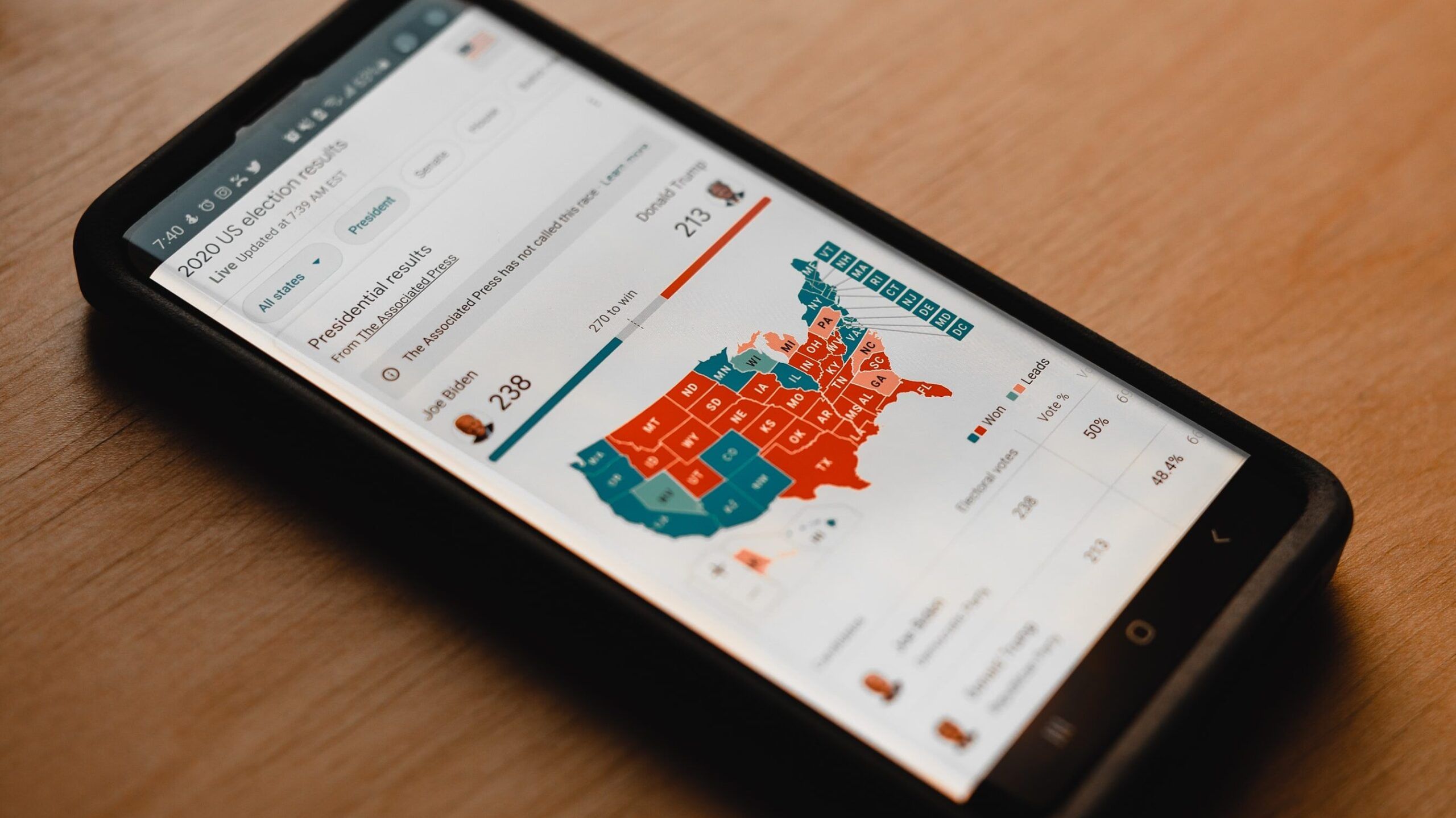The 2020 U.S. presidential election is poised to be messy and filled with uncertainties, which may be made worse by a familiar wrinkle: ongoing foreign disinformation campaigns. Intelligence agencies, Facebook and Twitter have sounded the alarm about new cyber-threats from Russia and other countries. The interference may only be getting started.

How We Got Here
A Russian firm known as the Internet Research Agency began “gathering American followers in online groups focused on issues like religion and immigration” via Facebook and Instagram starting in 2014. The groups grew in stature as the Russian group pushed messages to both sides of the political spectrum intended to sow discord and division, even organizing rallies using Facebook tools.
Eventually, Facebook revealed the extent of the Internet Research Agency’s ad purchases – many using stolen PayPal accounts. In 2018, the Justice Department “singled out” Facebook and Facebook-owned Instagram, detailing “how the Russians repeatedly turned to Facebook and Instagram, often using stolen identities to pose as Americans, to sow discord among the electorate by creating Facebook groups, distributing divisive ads and posting inflammatory images,” without “accus[ing] Facebook of wrongdoing.”
In August, a bipartisan, 1,000-plus page Senate Intelligence Committee report detailed the extensive Russian interference campaign. Naturally, the bipartisan committee was able to agree on broad conclusions but unable to reach consensus on “politically delicate issues.” The New York Times, however, summarized the findings as “an extraordinary set of facts: The Russian government disrupted an American election to help Mr. Trump become president, Russian intelligence services viewed members of the Trump campaign as easily manipulated, and some of Mr. Trump’s advisers were eager for the help from an American adversary.”
The Ongoing Disinformation Campaigns
Additional reports about disinformation campaigns have surfaced in recent months. A study from Graphika, a social media research firm, was published in June, revealing a quiet, ongoing operation they dubbed “Secondary Infektion.” The effort “has sought to spread pro-Russian propaganda around the globe by sharing fake tweets from U.S. elected officials and conspiracy theories about the coronavirus” – an effort they believe will continue to operate with regard to the upcoming election.
The decentralized campaign utilized a different tack than the Internet Research Agency that “almost never worked,” because it focused on spreading false information via one-off ‘burner’ accounts on social media. It did gain traction, however, when hackers posted “leaked trade documents between the US and Britain” that “dominated the UK news cycle for days.”
More prominently, Facebook and Twitter announced in September the discovery of “a network of fake accounts and a website set up to look like a left-wing news site” called Peace Data that was linked to the Internet Research Agency. American intelligence officials said the recent activities “were almost overt, designed to be detected.” The “information laundering” campaign “advertised for [American] writers on an online job board,” posting a series of articles written by those writers that Graphika’s Ben Nimmo, whose firm again researched the effort in collaboration with Facebook, characterized as “clearly significantly left of the Biden-Harris campaign.”
What Disinformation May Look Like Through November
Twitter and Facebook, acting on FBI tips, have taken action to remove Internet Research Agency accounts, including Peace Data. Facebook “has taken on roughly a dozen IRA-affiliated operations since the [November 2016] election,” but as the Secondary Infektion report and Peace Data effort indicate, disinformation is an ever-evolving threat that is growing more sophisticated with time.
Meanwhile, disinformation campaigns show no sign of abating. The FBI warned in a dual public service announcement with the Cybersecurity and Infrastructure Security Agency that “foreign actors and cybercriminals could create new websites, change existing websites, and create or share corresponding social media content to spread false information in an attempt to discredit the electoral process and undermine confidence in U.S. democratic institutions.” Additional disinformation campaigns covering election results, voting, coronavirus, and more are “already circulating domestically,” reported NPR technology correspondent Shannon Bond.
Facebook and Twitter have both begun fact-checking posts related to voting and announced changes to their respective political ad policies in January. Concern remains, however, that variable approaches may lead to variable results in slowing the spread of disinformation. Critics maintain that posts are only taken down or labeled after their messages have already disseminated, though Facebook maintains it “applies its rules ‘impartially.’”
Disinformation campaigns and ongoing foreign disruption efforts show no sign of abating. In response, the FBI advises Americans to scrutinize the sources of information regarding election results: to “seek out information from trustworthy sources, such as state and local election officials”; to verify reports via “multiple reliable sources”; and to “report suspicious posts that appear to be spreading false or inconsistent information about election-related problems or results,” among other suggestions. Disinformation efforts are here to stay – the American public is more responsible than ever for determining the validity of the information they see, in November and beyond.







